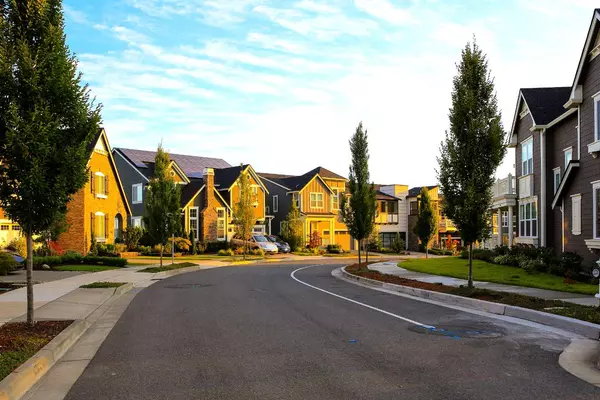
HOA Fees & Rules: What You Need to Know
If you’re considering buying a home in a planned community, condominium complex, or gated neighborhood, chances are you’ll encounter a Homeowners Association (HOA). While HOAs help maintain property values and community standards, they also come with fees and regulations that every homeowner must fo

Smart Strategies to Reduce Real Estate Investment Risks
Investing in real estate can be a lucrative way to build wealth, but like any investment, it comes with risks. Whether you're a first-time investor or a seasoned pro, understanding how to minimize risk is crucial for long-term success. Here are some key strategies to help protect your investment wh

Protect Your Home from Disasters
Your home is one of your most valuable assets, and protecting it from natural disasters should be a top priority. Whether you live in an area prone to hurricanes, wildfires, earthquakes, or floods, taking the right precautions can minimize damage and keep your family safe. Here are some essential s
Categories
- All Blogs (107)
- Credit & Mortgage Prep (6)
- First Time Home Buyer (15)
- Home Appraisal & Valuation (26)
- Home Buying (58)
- Home Selling (47)
- Luxury Homes (66)
- Market & Design Trends (9)
- Mortgage & Financing (4)
- Mortgage Rates & Trends (6)
- Moving & Relocation (3)
- Renting & Leasing (3)
- Special Property Types (6)
- Staging & Home Prep (16)
Recent Posts










